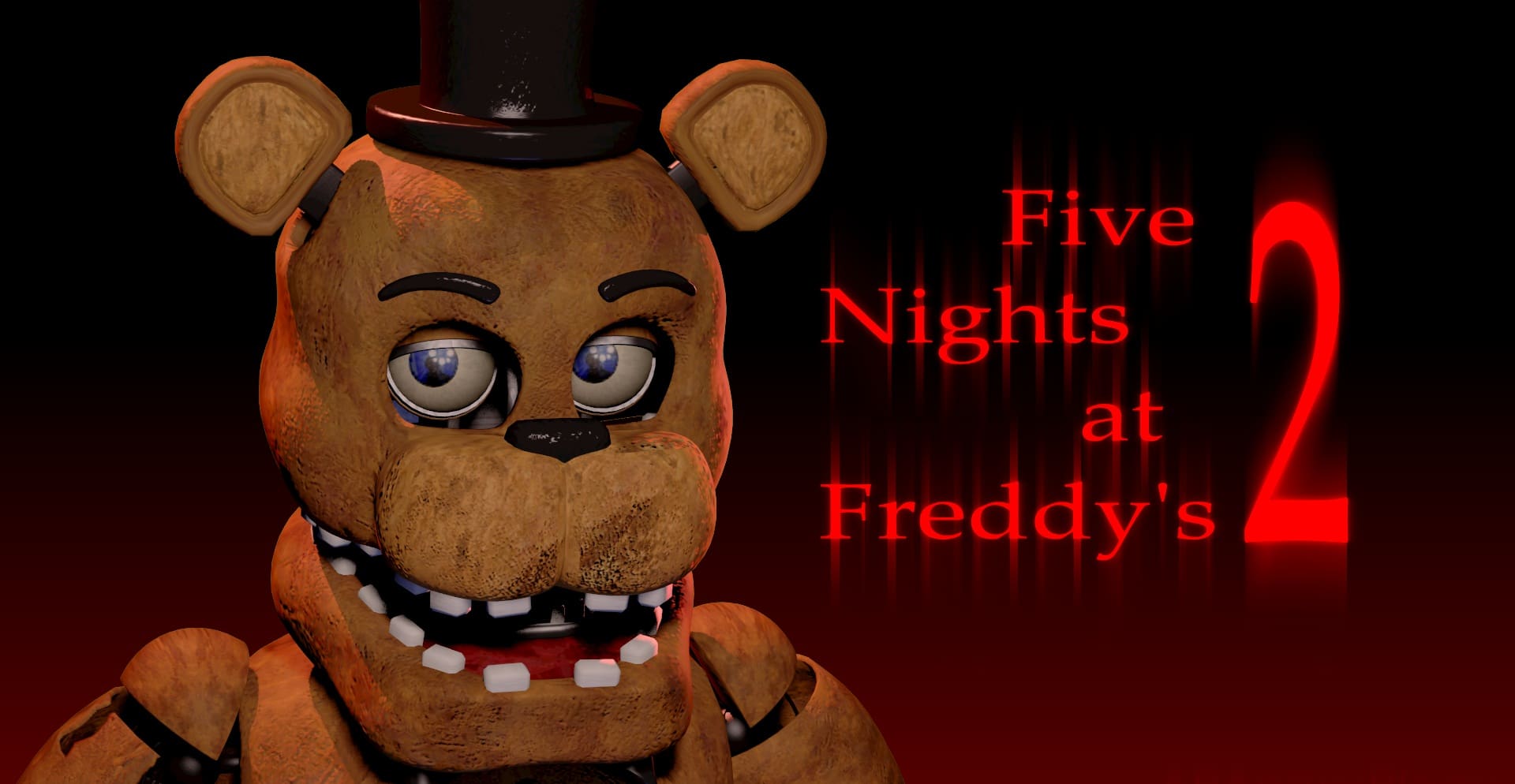In the vast landscape of horror video gaming, few franchises have were able to captivate and terrify players quite like Five Nights at Freddy's (FNaF). Developed by Scott Cawthon, this indie sensation exploded onto the gaming scene in 2014 and quickly became a phenomenon. Using its unique mixture of suspense, mystery, and jump scares, FNaF has carved out a particular place in the hearts of horror enthusiasts. Join us as we explore the evolution of this chilling franchise, tracing its roots, exploring its impact, and discussing its enduring popularity.
Origins and Conceptualization:
The origins of Five Nights at Freddy's could be traced back again to Scott Cawthon's initial need to develop a family-friendly game. However, his creative journey took an urgent turn when he introduced animatronic characters similar to those within Chuck E. Cheese's and other similar establishments. Fueled by way of a desire to craft a unique horror experience, Cawthon utilized a minimalist approach, concentrating on the player's vulnerability and sense of impending doom instead of relying on excessive gore or explicit violence.
The Gameplay Experience:
At the core of FNaF's gameplay lies a straightforward yet unnerving concept. fnaf games undertake the role of a security guard tasked with monitoring a haunted pizzeria at night time. Armed with just a limited quantity of power, they must use surveillance cameras and strategically manage resources to survive until dawn. The game's real-time mechanics, combined with the unpredictability of the animatronic characters, create an intense atmosphere that keeps players on the edge of their seats.
Narrative Depth and Lore:
What sets FNaF apart from other horror games is its intricate and deeply woven lore. Through cryptic messages, newspaper clippings, and hidden easter eggs, players slowly uncover a dark backstory relating to the restaurant's haunted past and the tragic fate of its animatronics. This narrative depth has inspired a dedicated fanbase to delve into theories and speculation, fostering a feeling of community and engagement rarely seen in gaming.
Expansion and Multimedia Success:
Following the initial success of the original game, Scott Cawthon continued to build upon the FNaF universe, releasing sequels and spin-offs that expanded the lore and introduced new gameplay mechanics. The franchise also ventured into other mediums, including novels, merchandise, and also a feature film adaptation, further solidifying its status as a cultural phenomenon.

Cultural Impact and Enduring Popularity:
Five Nights at Freddy's has transcended the boundaries of the gaming industry, leaving an indelible mark on popular culture. It has spawned a multitude of fan creations, fan-made games, and countless YouTube Let's Play videos, showcasing the game's interest a variety of audiences. FNaF's popularity in addition has paved just how for the resurgence of indie horror games, inspiring a fresh wave of developers to explore innovative and unconventional approaches to the genre.
Conclusion:
In the ever-evolving landscape of horror gaming, Five Nights at Freddy's stands tall as a true pioneer. From its humble beginnings to its remarkable expansion into various media forms, this franchise has captivated millions of players worldwide using its unique blend of suspense, storytelling, and atmospheric tension. Once we look to the future, it really is clear that Five Nights at Freddy's will continue steadily to leave its mark on the genre, thrilling and chilling fans for a long time to come.
